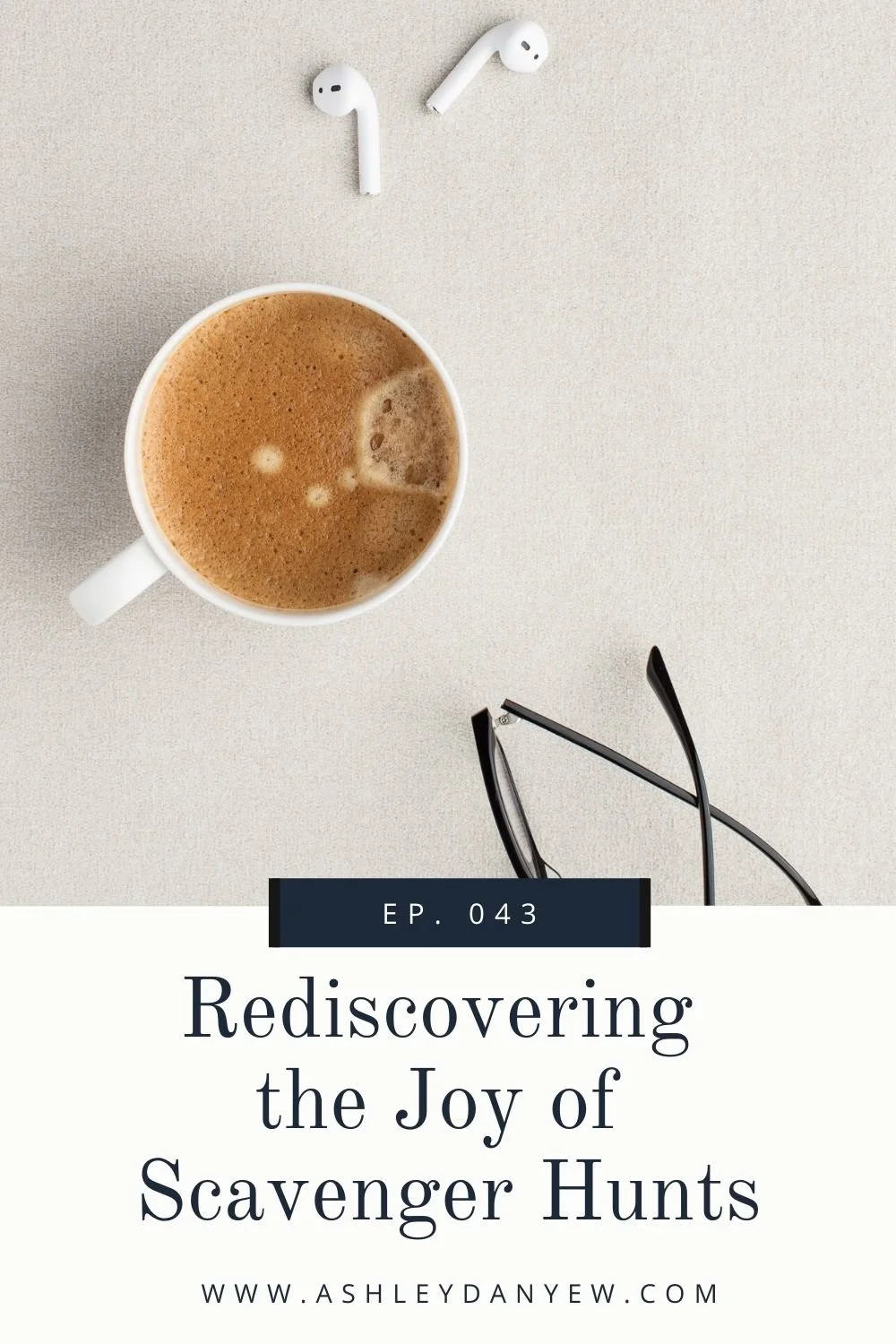![042 - What Does It Mean to Be a Teacher-Facilitator?]()
In the book The Inner Game of Tennis: The Classic Guide to the Mental Side of Peak Performance, author Timothy Gallwey describes a one-on-one lesson he had once with an adult tennis student. The student was aware of a problem with his serve, as several other teachers had pointed it out to him, and he could describe it in great detail, and what he needed to do to fix it.
So Timothy decided to try a different approach than the previous coaches that the student had worked with.
He observed the man serve a few times, then, instead of trying to find a new, better way to explain the problem that the student already knew he had, he simply instructed him to practice his serve in front of a large window that functioned as a mirror. Almost instantly, the student recognized the problem in his own serve—he saw it with his own eyes for the first time—and made the necessary corrections to relax his arm.
Timothy reflected on this experience later and he wrote in the book, “He had learned, but had he been ‘taught’?" He went on to explain: "I had learned and he had learned, but there was no one there to take credit. There was only the glimmer of a realization that we were both participating in a wonderful process of natural learning.”
Timothy had the foresight to know what the student needed, to see one step beyond where he was and help guide him to where he wanted to be. In this way, Timothy facilitated the student's learning.
And I think that's where the distinction lies: Facilitating vs. Teaching. That's what we're going to talk about today.











![040 - On Developing a Creative Habit [Book Review]](https://images.squarespace-cdn.com/content/v1/585c710603596e2c47dad93e/1642198128729-4ZKNKZMVR9WZZBQ12RZ5/Developing+a+Creative+Habit-1.jpeg)





